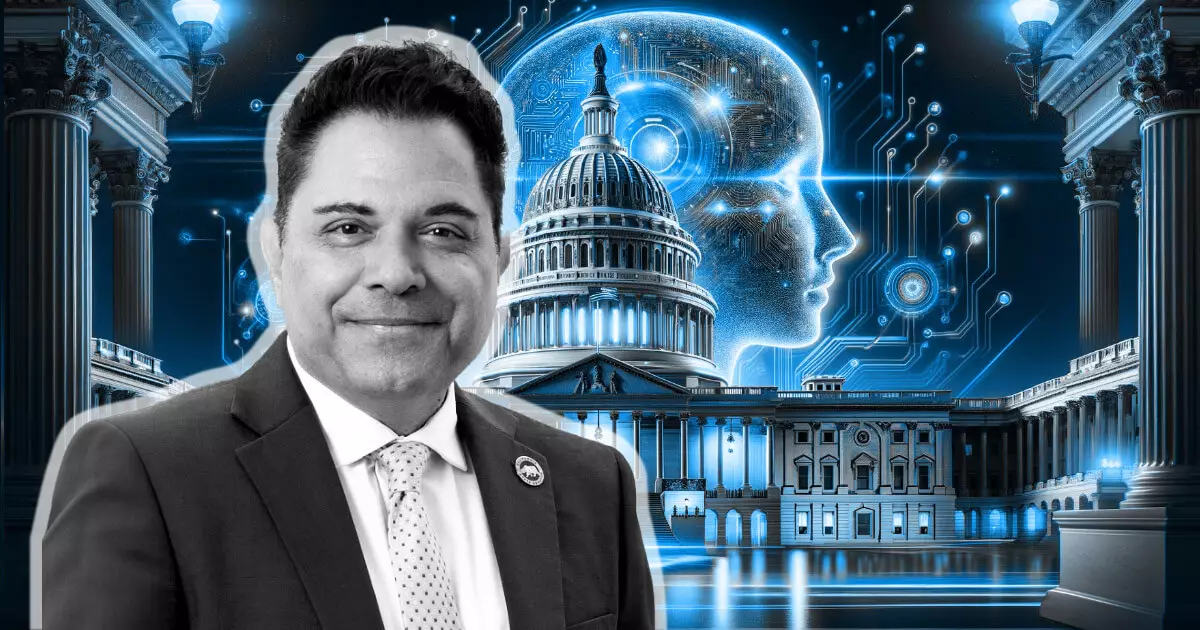In a move to harness the potential of artificial intelligence (AI) while ensuring its safe and responsible use, Senator Steve Padilla (D-San Diego) has proposed new legislation in California. The proposed bills, Senate Bills 892 and 893, aim to establish a robust and ethical AI framework in the state, particularly in relation to state contracts. This marks a significant step forward in addressing the dual nature of AI, which has the power to bring both promise and challenges.
Senator Padilla emphasizes the need to learn from past lapses in tech regulation, particularly in the realm of social media. He warns against allowing a handful of tech billionaires to operate AI without proper oversight, accountability, or restraint. This cautionary tale highlights the importance of establishing comprehensive safeguards and standards to ensure the responsible use of AI.
Legal and AI experts, including Karl Manheim, Professor Emeritus at Loyola Law School, support Padilla’s initiative. Manheim calls attention to the current “regulatory vacuum” in AI development and applauds the proposed bills for positioning California as a leader in AI safety and innovation. Additionally, former National Security Advisor Robert C. O’Brien emphasizes the need for public investment in AI infrastructure to maintain a competitive edge against countries like China. He believes that the legislation will pave the way for public money to flow into AI-related infrastructure.
Senate Bill 892 proposes the establishment of safety, privacy, and nondiscrimination standards for AI services by the Department of Technology. This bill, which is set to take effect from August 1, 2025, prohibits the state from contracting with AI service providers who do not meet these standards. With this legislation, California aims to ensure that AI services prioritize safety, protect privacy, and do not discriminate against individuals.
On the other hand, Senate Bill 893 seeks to leverage California’s economic influence by reimagining AI services as a public asset. This involves the creation of the California AI Research Hub in collaboration with academic institutions. The main focus of the Hub will be AI research, development, and deployment for public benefit, with a specific emphasis on privacy and addressing societal risks. Senator Padilla emphasizes AI as a public good and advocates for public investments to prevent monopolistic control over AI’s future.
The proposed bills are set to be discussed in the Senate this year, potentially setting a precedent for AI regulation and development not only in California but also across the United States and globally. By establishing a comprehensive and ethical framework for the integration of AI, California aims to ensure that the benefits of this transformative technology are realized while mitigating potential risks.
The introduction of new legislation in California is a significant step toward harnessing the potential of AI while ensuring its responsible use. With Senate Bills 892 and 893, the state aims to establish comprehensive safeguards and standards that prioritize safety, protect privacy, and address societal risks. By leveraging public investment and collaborating with academic institutions, California seeks to position itself as a leader in AI research and innovation. The outcome of these proposed bills could have far-reaching implications for the regulation and development of AI, not only within the state but also nationally and internationally.















